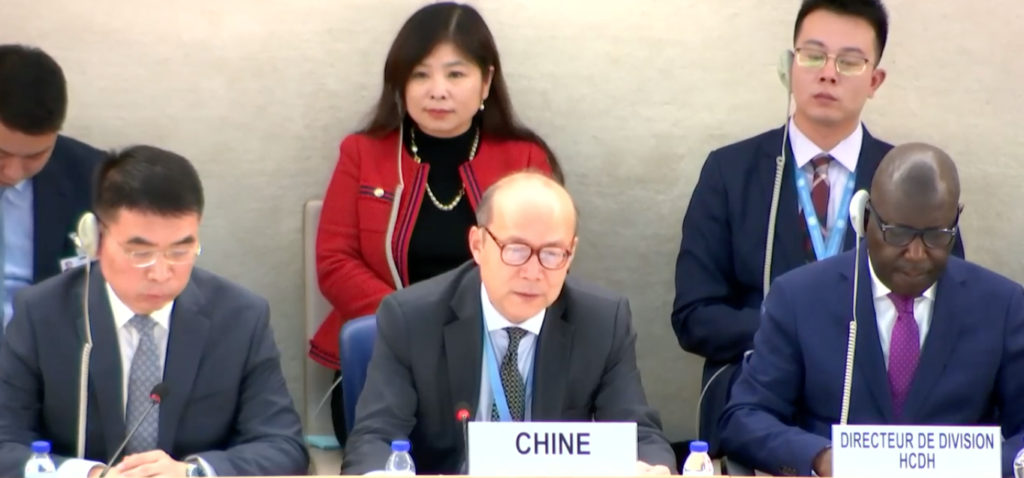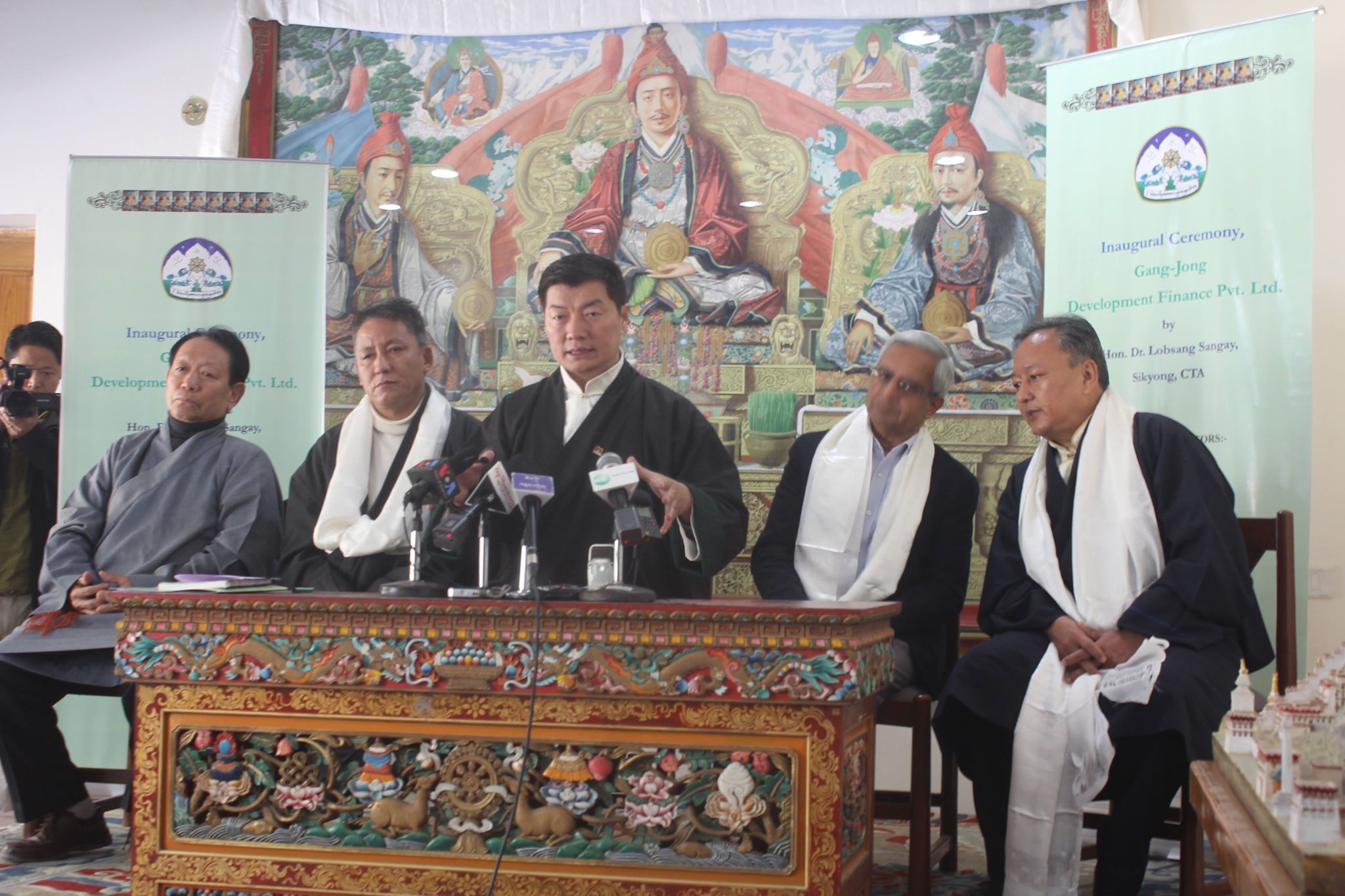Record 20 Nations Condemn China’s Tibet Human Rights Record at UN UPR Review

DHARAMSALA, Jan 24: A total of 20 member states of the United Nations (UN) expressed concern over human rights violations in Tibet at the third meeting of the 45th Session of the working group on Universal Periodic Review where China underwent its fourth review.
Australia, Austria, Canada, Czech Republic, Denmark, Estonia, France, Germany, Ireland, Japan, Lithuania, Montenegro, Norway, New Zealand, Netherlands, Poland, Sweden, Switzerland, the UK, and the US used the UPR to raise concerns over Chinese policies in Tibet and the human rights record in Tibet, offering recommendations. Combined, they made a total of 20 recommendations on Tibet at the review held at the UN Human Rights Council on Tuesday in Geneva, which is being attended by over 160 member states.
The recommendations on Tibet included urging China to allow unfettered access to Tibet, releasing arbitrarily detained Tibetans, respecting the religious and cultural rights of Tibetans, and calling for the immediate abolition of colonel boarding schools in Tibet.
This marks an increase from 2018 when only 12 countries spoke, raising concern on China’s human rights in Tibet, and issued 9 recommendations. In 2013, only 11 recommendations were issued mentioning Tibet, and in 2009, there were just four. China, like every UN member state, is subject to a review of its human rights record every 4.5 years.
Apart from the twenty countries listed above, Pakistan also mentioned Tibet as they recommended China continue the cultural exchange in East Turkistan and Tibet besides singing songs of praise to China. Sadly, no neighbouring countries of Tibet—India, Bhutan, and Nepal—took up the issue of China’s human rights violations in Tibet.
Although only 20 countries out of the 160-plus countries attending the review raised concerns over China’s human rights records in Tibet, the takeaway from China’s fourth UPR is Beijing’s expedited yet failed attempts to entirely replace the term ‘Tibet’ with “Xizang” in Romanised Chinese, as no member states of the UN subscribed to it.
Consistently, China tends to deflect or dismiss discussions about its human rights violations. In line with this pattern, the representative from Beijing defended China’s colonial boarding schools in Tibet by pointing to Tibet as a vast expanse with a sparse population and expressing a commitment to bringing modern education to Tibetans.
In 2023, Freedom House listed Tibet as the least free country in the world along with South Sudan and Syria in its annual report for the third year in a row. Additionally, it listed China among the countries with the worst aggregate scores for political rights and civil liberties.
Furthermore, China retained the title of the world’s biggest prison for journalists for the fourth consecutive year, according to Reporters Without Borders (RSF). Ironically, in October 2023, China was re-elected for the sixth term as a member of the UN Human Rights Council (UNHRC).
Including China, fourteen member states, such as Saudi Arabia, Nigeria, and the Central African Republic, among others, are set to undergo peer review at the ongoing UPR in Geneva from January 22 to February 2, 2024.






